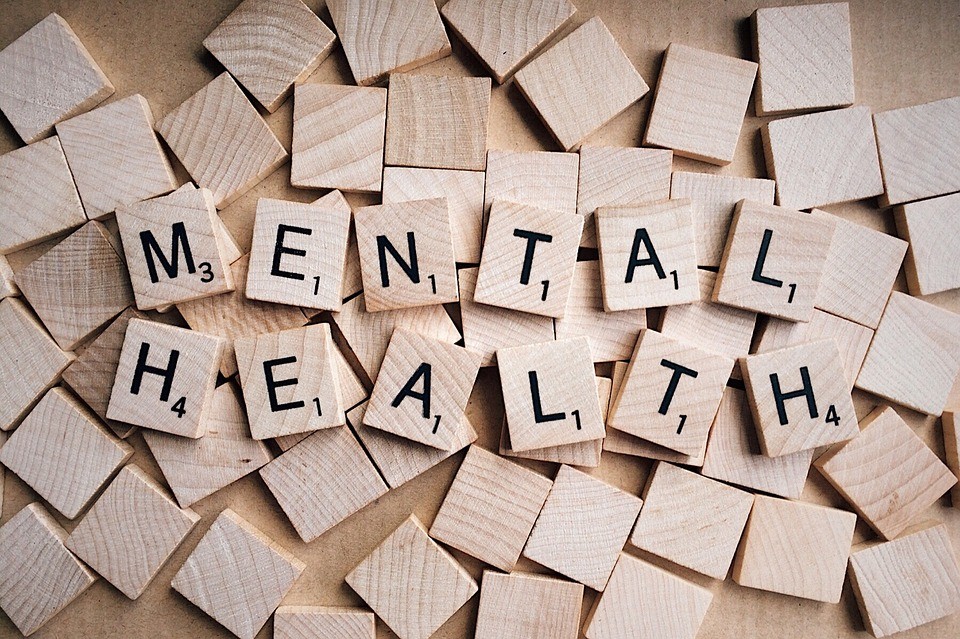New research calls for better care for people who seek emergency help following self-harm
Research has found that people who go to A&E following self-harm receive varying quality of care and this has a significant impact on what they experience subsequently.
The study, which was codesigned and co-authored with people who have lived experience of self-harm and mental health services, found negative experiences were common, and revealed stigmatising comments about injuries from some hospital staff. Some participants reported being refused medical care or an anaesthetic because they had harmed themselves. This had a direct impact on their risk of repeat self-harm and suicide risk, as well as their general mental health.
The research, ‘Relieved to be seen - patient and carer experiences of psychosocial assessment in the emergency department following self-harm: qualitative analysis of 102 free-text survey responses’*, was published today in the journal BMJ Open. It was funded by the National Institute for Health Research Greater Manchester Patient Safety Translational Research Centre (NIHR GM PSTRC). The Centre is a partnership between The University of Manchester and Salford Royal NHS Foundation Trust.
According to the research, the participants who received supportive assessments with healthcare staff reported feeling better, less suicidal and were less likely to repeat self- harm.

This research highlights the importance of learning from the experiences of individuals to help improve care for people who have harmed themselves. We involved patients and carers throughout the entire process and this enabled us to gain a greater insight into what patients want after they present to hospital having harmed themselves
Dr Leah Quinlivan, from The University of Manchester, a Research Fellow at the GM PSTRC’s Mental Health theme, led the study, and said: “Our research looked at the care people received at A&E following self-harm. It’s part of an overall programme of work that aims to improve patient safety in mental health services. This research highlights the importance of learning from the experiences of individuals to help improve care for people who have harmed themselves. We involved patients and carers throughout the entire process and this enabled us to gain a greater insight into what patients want after they present to hospital having harmed themselves. ”
According to NICE guidelines anyone who arrives at A&E following a self-harm episode should receive a psychosocial assessment. The research has revealed how important these assessments are for people who harm themselves. For participants in the study, if the assessments were delivered correctly and with compassion, they reported being less likely to harm themselves in the future. The research also revealed that assessments can be helpful when staff work alongside the person affected by self-harm, and are empathetic to their emotional distress.
Participants in the research revealed what a negative experience looked like and this was when waiting times were unduly long, assessments overly standardised and a lack of compassion was shown by staff.
Elizabeth Monaghan, one of the co-authors with lived experience in this area said: “The research demonstrates the value of involving patients and carers throughout the research process. Our varied experiences of assessments in A&E during and after crises meant we were able to add helpful insights into the research design and findings.
“These insights shaped the research team’s understanding of what factors are helpful for A&E staff to be able to carry out assessments more effectively and with compassion. Being part of the research process all the way through has given me an opportunity to use my experiences to improve care as well as giving me valuable skills in being part of a team carrying out research in this sensitive area.”
Jenny Groves has 35 years of lived experience of self-harm and is the CEO and Founder of Battle Scars, a survivor led charity for people who have self-harmed. She, said: “This research shows the discrepancies in the procedures not just in different parts of the country but the huge differences in attitude and treatment even within the same emergency department.
“Ticking boxes, dismissing, judging and invalidating people who present at A&E following self-harm cause long-term damage and increase risk. Acceptance, compassion and a true person-centred approach, acknowledging the individual and their needs, can make a world of difference to someone who is struggling and resorting to self-harm to manage life.”



